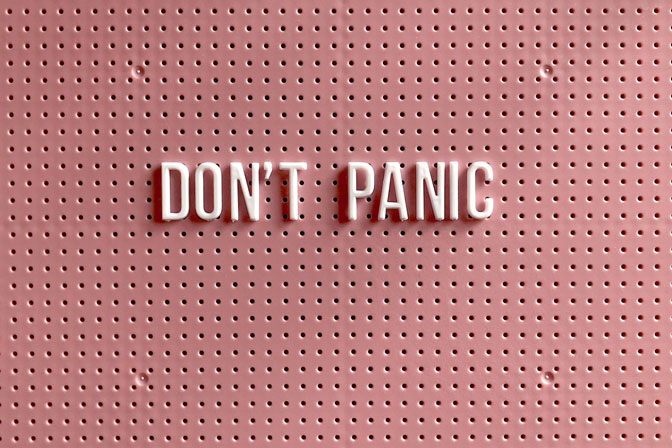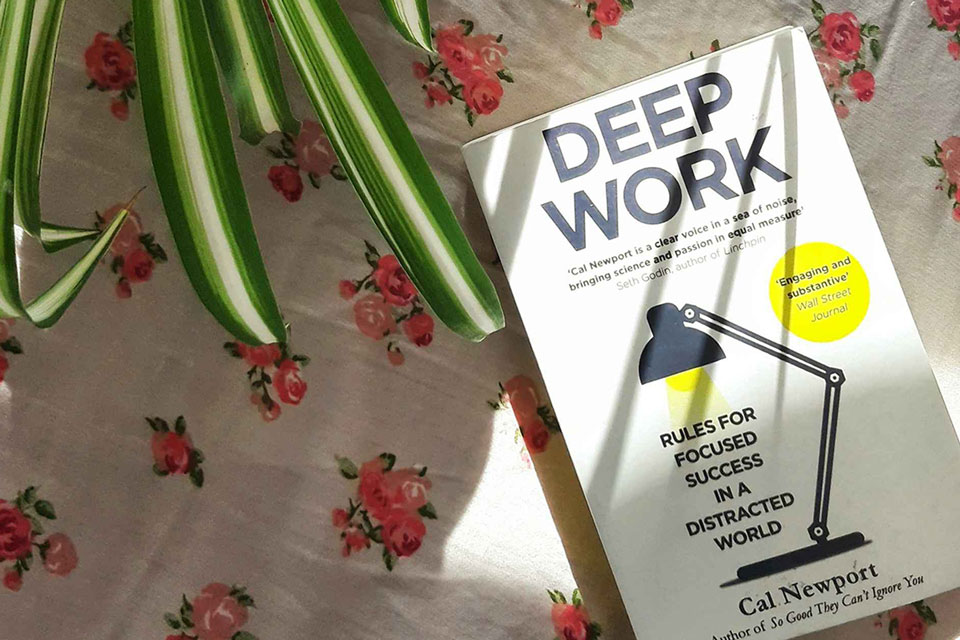The Necessity of Mind-Body Connection
You are not a floating head When people enter counseling for the first time, there are often unspoken expectations about how the process will unfold. We’re going to talk about our feelings that confuse us, memories that you want to forget but can’t quite get past, or maybe even address some maladaptive patterns of thinking. But what about building an understanding or connection to your own body? Has this ever been one of your motivations or goals for seeking out counseling in the first place? In the Western world, we have taken up an ancient notion that our minds are separate from the rest of us. Our minds have, in many instances, become the center of our being. We become floating heads walking around with a bunch of dead weight below our shoulders. The only issue is that you are not a floating head. None of us is. Dr. Dan Siegel, in his book titled The Developing Mind, puts forth this definition of the mind: “The system of the mind, the flow of energy and information, is not limited by skull or skin. This system of mind happens within the whole body and in our relationships – it is within and between, embodied and relational. The mind is an embodied and relational process that regulates the flow of energy and information.” The Mind in Process What Dr. Siegel is getting at here is that while we may be operating under the assumption that our mind is stuck in between our ears, the reality is that our mind is a process. It is something that is formed in and through relationships, and it regulates the flow of information. This information comes from external stimuli, our own consciousness, our subjective experience, and our internal process of self-organization. These four facets of [...]










